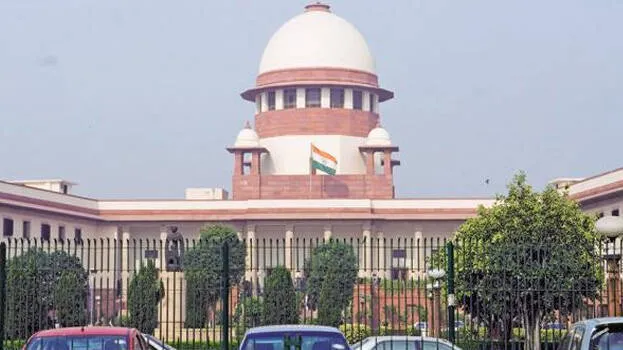

India has grown in various fields since independence. When many of these bring pride to the country, there is a ‘growth’ that is insulting, the growth of corruption.
The figures of corruption which were in the thousands in the past later turned into lakhs. Now it has gone from crores to billions. Most corruption is seen where there are many laws and regulations and strict adherence to them. When the rules are tightened, corrupt officials take advantage of it. It is a common practice to pay bribes for things that should be done without any fault of the law. Bribery has become a right for some officials. Public servants include civil servants and government officials. Corruption exists in India at the level of top leaders and ministers. Although the Anti-Corruption Act is in place to prevent this, it cannot be said that the act has been successful in curbing bribery. The direct experience of the people is that bribery has not reduced in any field. Some officers of certain departments are not ready to compromise on bribery despite being paid more than they deserve. The police in India are also very prone to bribery. As the number of convicts increases, the tendency to take bribes naturally decreases. The Supreme Court's Constitutional Bench has passed a historic judgment leading to this.
The Supreme Court has ruled that public servants can be punished on the basis of circumstantial evidence in bribery cases. The bench clarified that it is also an offense for a public servant or official to accept a bribe without asking for it. A Supreme Court ruling in 2015 had created obstacles to the conviction of some of the accused in corruption cases. The verdict of the Constitution Bench will correct that too. In the 2015 judgment, it was ruled that there could be a lack of direct evidence at the stage where the complainant had died or defected and could not be verified, and the officers could be released if there was no direct evidence. This is for many judgments given earlier by the Supreme Court. In 2019, a three-member bench left the matter to the constitution bench in a situation where it was pointed out that it was contradictory. It is particularly serious that the Constitution Bench highlighted the need for sincere efforts by the complainants and the prosecution to secure punishment in bribery cases involving government officials.
The court has pointed out that corruption destroys the credibility of government institutions and also demoralizes honest officials. It is common for the complainant to defect in bribery cases. Even if defected, the court could punish the officer on the basis of circumstantial evidence. It would also be welcome if there was a provision that sentencing in corruption cases should not extend beyond two years under any circumstances.